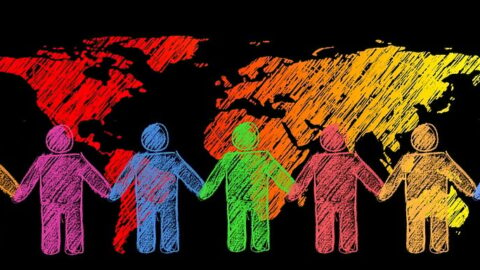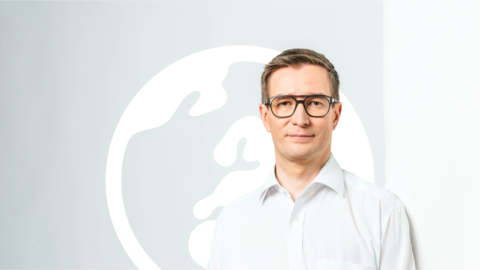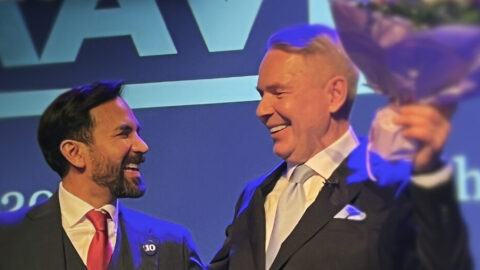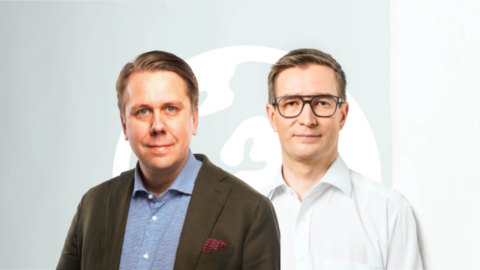I recently wrote a book, The Little Guide to Saving the Planet (or Pieni maailmanpelastusopas in Finnish). I looked at 10 of the world’s biggest problems and suggested 10 effective and proven solutions.
Working on the manuscript buried me neck-deep in a pile of reports and research articles. I soon noticed how unique Finland is in many ways. This small and slightly weird nation stands out in study after another.
Finland is the least corrupt country in the world. Economic and social rights are realised here better than anywhere else. In gender equality we come second, right after Iceland.
Finnish primary education is, together with that of South Korea, the best in the world. But it is not only the kids – a recent study showed that Finnish adults have the second-best skills among wealthy OECD nations. We also rank first among EU states in eco-innovation.
Granted, Finland does end up last sometimes – when we measure how failed states are. Many nations would give their crown jewels and national football teams to achieve half the progress Finland has made.
And yet Finland seems to be plagued by a type of schizophrenia. On one hand, we rule many international comparisons. On the other, we shudder at the thought of showing leadership.
Nowhere is this more evident than in the field of climate policy. Despite world class technology, expertise and resources, we shy away from taking the lead in building a low-carbon future.
In EU debates on climate action Finland all too often remains on the sidelines, if not outright opposing progress. In Climate Change Performance Index – a ranking of countries based on their climate policies – Finland gets an embarrassing position at number 38, after well-known climate champions such as Egypt and Belarus.
Pekka Himanen, a Finnish celebrity philosopher, made headlines by persuading the Prime Minister’s Office to dole out 700,000 € for a report with scant academic merit. He did get one thing right, though.
Himanen’s key message was that we have an attitude problem. Finland is a world leader with the mindset of a perennial loser.
We have tremendous potential and we fail to use it. We are our own worst enemy.
President Kennedy famously said: “We choose to go to the moon in this decade and do the other things, not because they are easy, but because they are hard.” A Finnish politician would have set up a working group to study the feasibility of getting halfway to the moon (if the EU provides some funding).
A deeply rooted mindset is difficult to change. And yet that change is desperately needed if we are to succeed also in the future.
We can be rightfully proud of the achievements so far. Now is the time to build on our successes and boldly go further. Where no man has gone before.
Oras Tynkkynen





